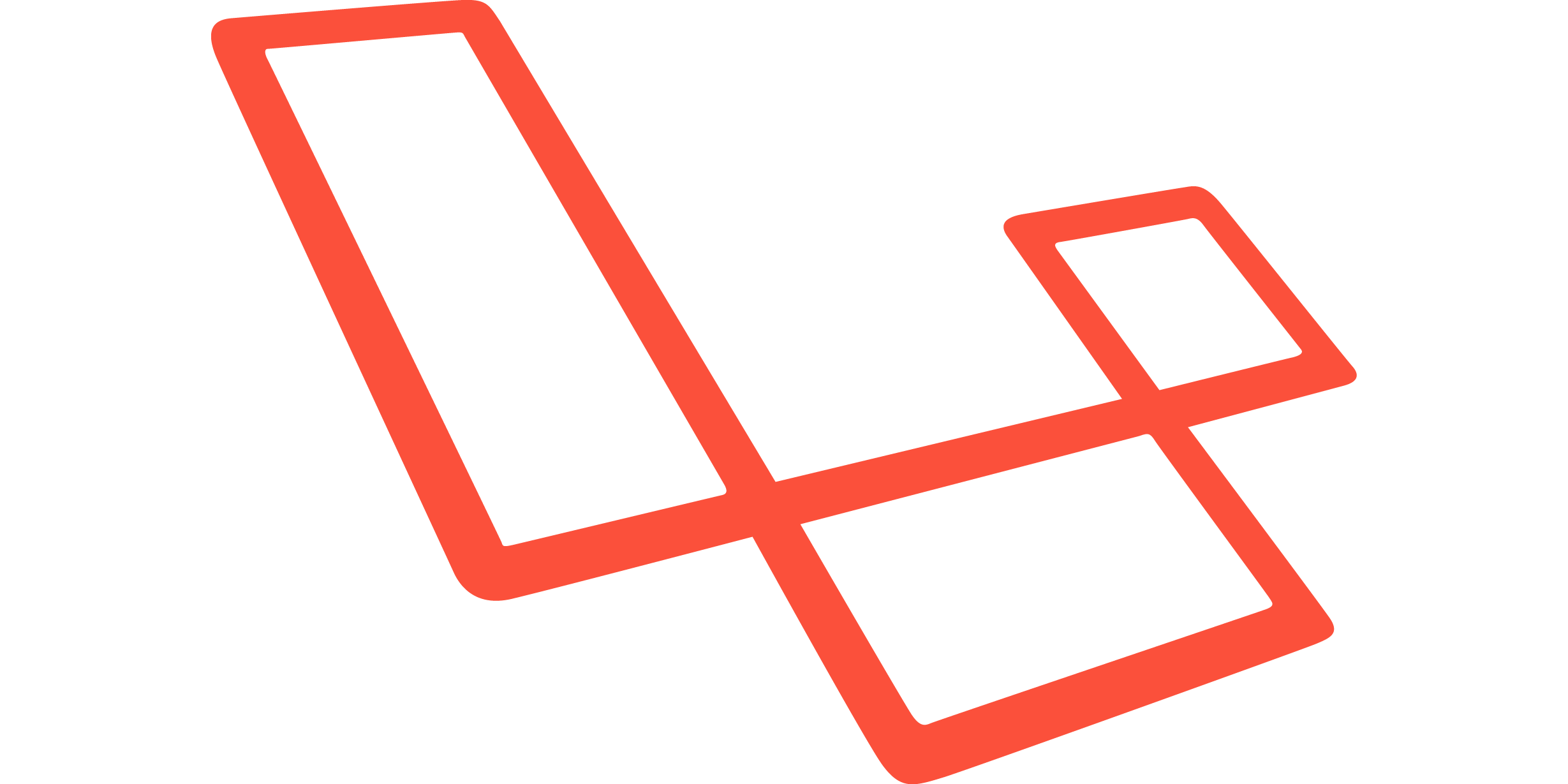
We recently worked with an app development team, adding a boost to their in-house development capacity who were working on adding new features to their fun location-based game. The team already had a strong foundation in place with an existing API in place, an app launched to market, and a roadmap of future features.
The project saw us working with their app developer to add a number of new features to their existing API, which is based on Laravel, a modern, expressive PHP framework.
The work included:
initial feature discussions - discussing what features were required, how they could be prioritised, likely scale of work
scoping - determining the minimum scope required for features to be useful, weighed up against technical complexity of development
technical design - planning how endpoints would change, or be introduced along with the app developers to ensure that the API would deliver what was required. This also entailed ensuring that changes were made in a backwards compatible fashion.
implementation - delivering the changes to the API service, and full handover information to the developers for ongoing maintenance
testing - testing the API changes via automated test suites, including regression testing existing endpoints to protect against unexpected knock-on effects
There were over ten new feature areas covering API changes for the mobile app, background processing changes, and improvements to the business admin dashboard application, also developed with Laravel. We worked to:
make the required changes to the Laravel-based API
develop database migrations for new data structures
build database seeding for deploying changes between environments and new standing-data
development of full test suites for the new features
development of regression tests to cover changes to existing API endpoints
documentation and handover of changes to the in-house development team.